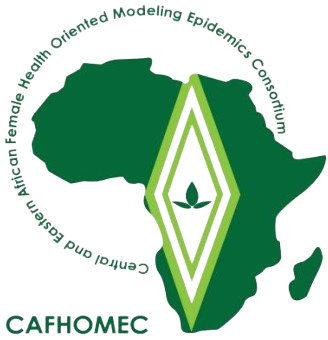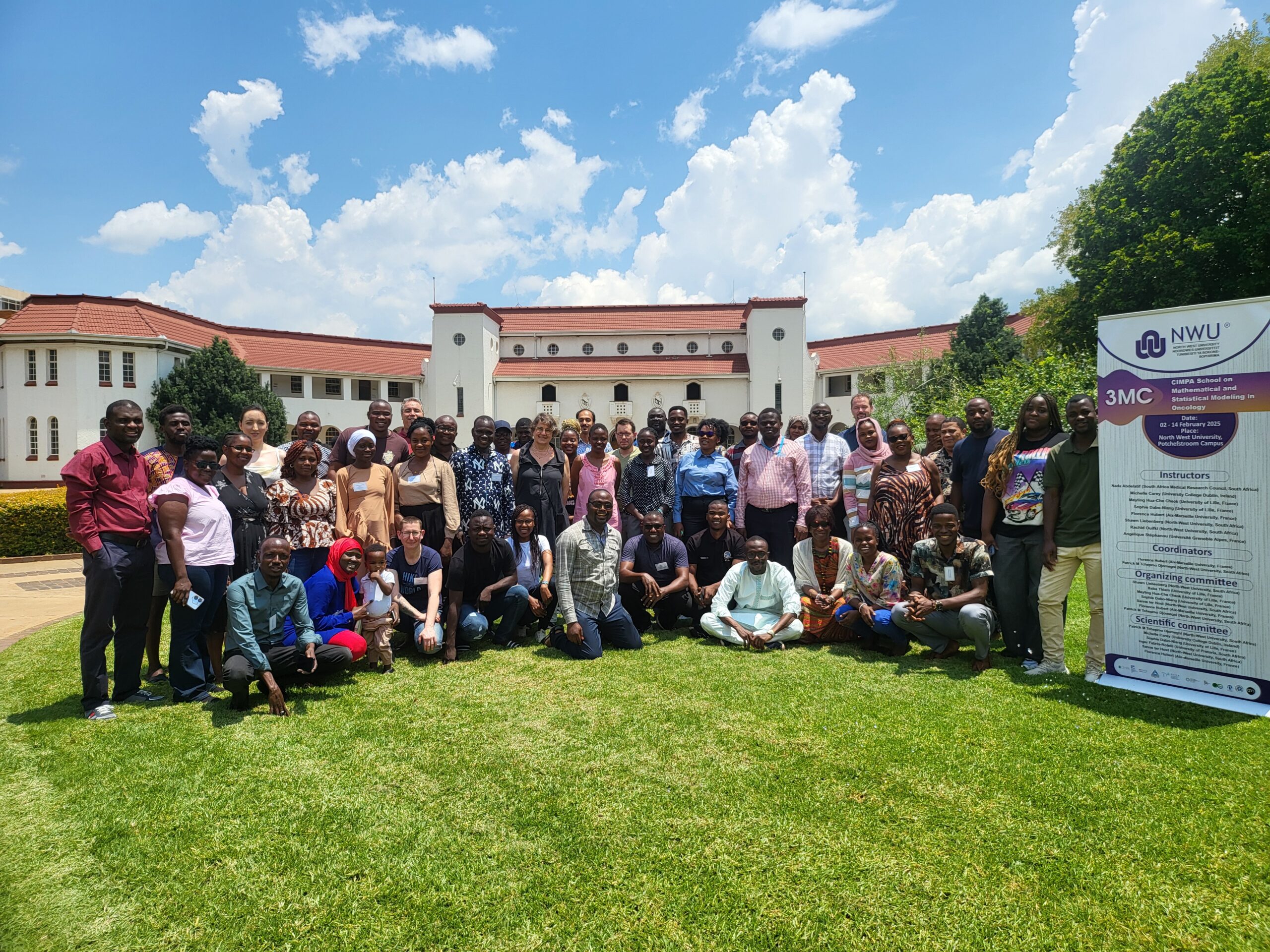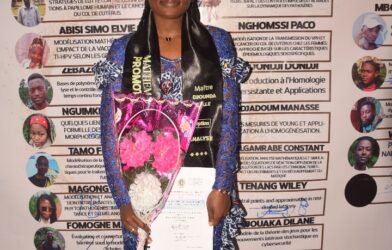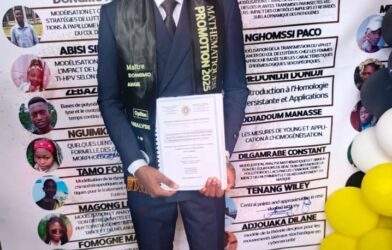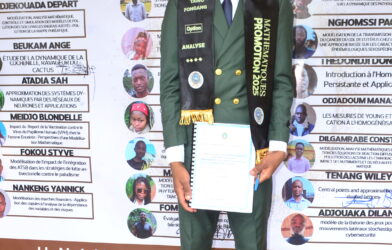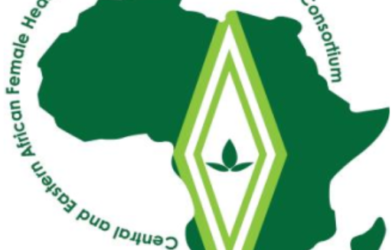I (S. M. Tsakou) had the honor of participating in the CIMPA school on Mathematical and Statistical Modeling in Oncology held from February 3 to 14, 2025, at the Potchefstroom campus of North West University, South Africa. This event was an exceptional opportunity to share innovative ideas and forge enriching professional relationships. During the working session, we exchanged insights with domain experts on mathematical and statistical methods for modeling in oncology. The discussions were fruitful and allowed us to gain new perspectives, advanced knowledge and practical skills in utilizing quantitative methods for cancer research. The school were focused on the following topics:
An introductory course designed for non-biologists to develop a basic understanding of cancer biology, diagnosis and treatment, especially: Cancer biology, Hallmarks of cancer, Diagnosis and Therapy in Oncology. The implementation of a model of tumor growth was described and the integration of continuous intracellular kinetic reactions with ODEs and reaction-diffusion phenomena with PDEs, coupled with discrete representations to treat the individual cells evolutions was develop using an agent-based model.
A presentation of some classical tumor growth models based on ODEs and presentation of two families of Transport equations: the model of metastatic emission using a transport equation inspired from MacKendrick-Von Foerster equation and Microtubules instabilities describes thanks to transport equations with growth-fragmentation processes.
We explored the application of Delay Differential Equations (DDEs) for modelling oncolytic virotherapy. After a concise review on DDE-based mathematical models, we examined the stability properties in some DDE models to uncover their long-term behavior and conducted practical numerical simulations of these DDEs using MATLAB.
A comprehensive overview of statistical methods in oncology: descriptive statistic for cancer data, Hypothesis testing and inference in oncology, Regression analysis, Survival analysis, clinical trial design and analysis, imaging data analysis.
Finally, a presentation of the main algorithms useful for data science, in particular data mining and prediction.
I also learn about some numerical methods for fitting data on a DDE-based mathematical models. Especially we fitted tumor growth data using the Nonlinear Least Squares (NLSQ) and Weighted Nonlinear Least Squares (WNLSQ) methods and performed confidence interval estimations for the model parameters. I was also able to discuss about the possibility of controlling dormant cancer cells with one of the instructors.
I would like to thank the school organizers for their warm welcome and exemplary organization. We look forward to participating in future events and continuing to contribute to the advancement of our field.

